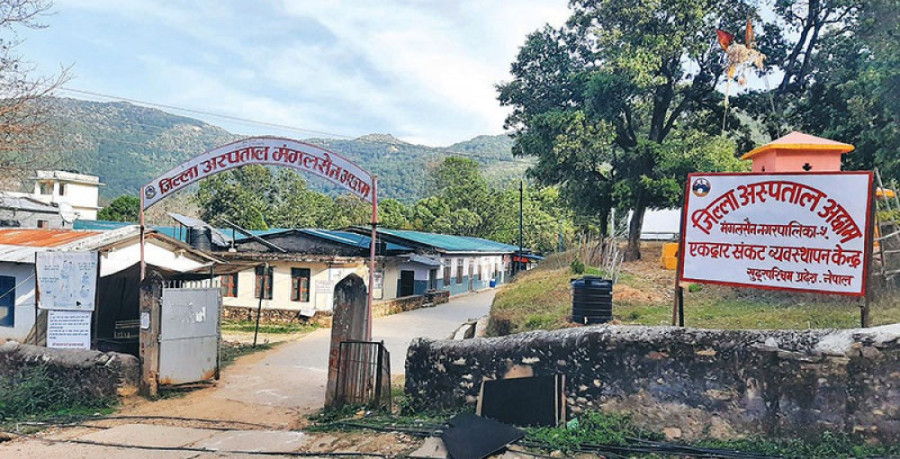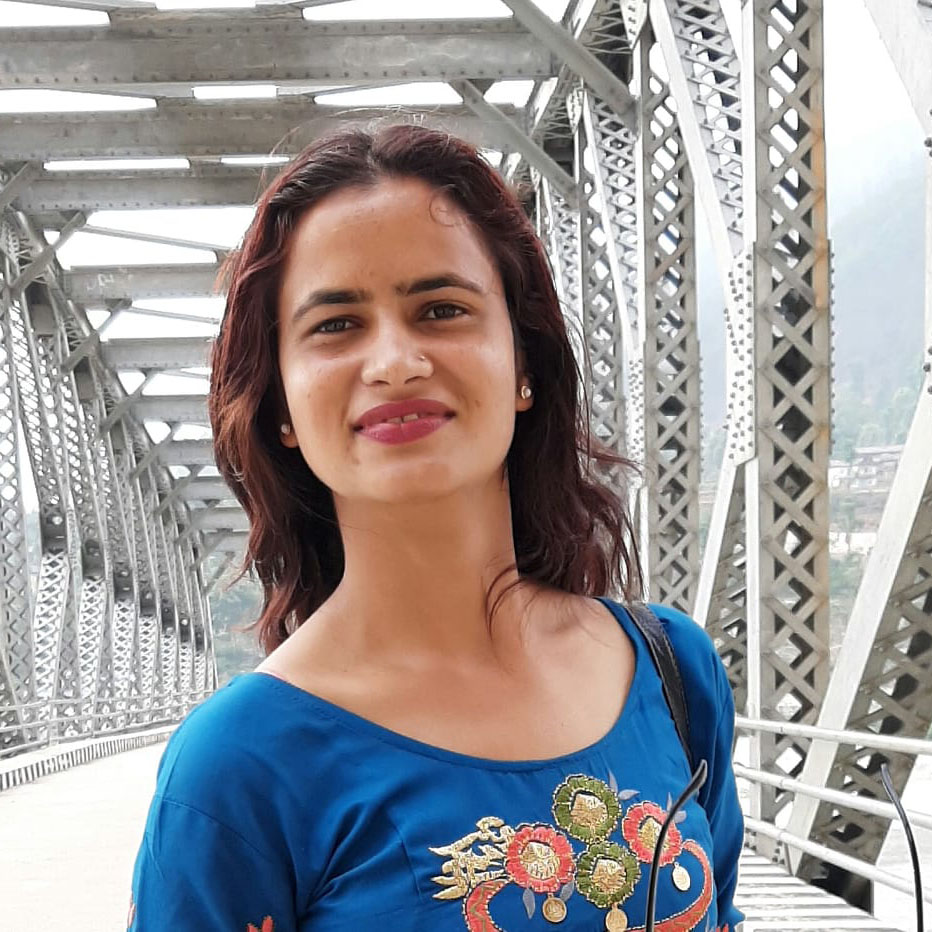National
Stigma and discrimination continue to haunt leprosy patients in Achham
Social discrimination complicates patient identification and hinders access to proper treatment, say officials.
Menuka Dhungana
An 86-year-old woman from ward 5 of Mangalsen Municipality in Achham was married off at the age of 10. A few years later, her husband got infected with leprosy. Since then, the couple has been ostracised by society, bringing hardships into their life.
“People did not come near us. They treated us like outcasts. Some people even spat upon seeing us,” said the woman. “We were to some extent excommunicated from the community. My family has always been treated badly because of my husband’s poor health.”
Her husband died five years ago.
Parents of six children, four sons and two daughters, the couple had a tough time finding suitable partners for their children when they reached the marriageable age. “My older son was all set to marry. It was an arranged marriage, but the girl’s family withdrew from the commitment after finding out about my husband’s condition.”
Her husband is dead, but she believes he could have lived longer if he had received the companionship of neighbours and friends and the love of their community. “We had to hide from our neighbours when we had to take my husband to the hospital. They all shrank away from us when they saw us walking. We have had a bitter life.”
A 65-year-old man from ward 8 of Mangalsen has been living in isolation for years because he is a leprosy-infected man. He mostly confines himself to the house fearing social discrimination. He fears talking about the disease openly.
“I do not visit anyone. People still believe that one suffers from leprosy for committing a sin in his/her past life. I am infected with the disease, but how is it my fault? My children and relatives also have to suffer because of my disease,” said the man. “My children are embarrassed of me. Others misbehave with them because of me.”
There are several leprosy patients in Achham facing discrimination and social hatred. Most of them hide their disease fearing social stigma. “Only a few leprosy patients visit the hospital for treatment. Many patients conceal their illness and as a result, they are deprived of proper medication,” said Ganga Budha Magar, an information officer at the district hospital in Achham.
According to Magar, social discrimination against leprosy patients poses problems in identifying the patients and providing them with proper treatment. “The patients hesitate to visit the health institutions fearing misbehaviour from others,” she added.
Leprosy, a chronic infectious disease caused by Mycobacterium leprae, is transmitted through nasal secretion or from droplets from the mouth. It affects the skin, peripheral nerves and eyes, leading to disfigurement and nerve damage.
The disease is curable with multi-drug therapy. Leprosy medication is provided free of cost in Nepal. Leprosy patients in Nepal are ostracised in society mostly due to superstitious beliefs and ignorance, says Budha Magar. “People still think leprosy patients should be isolated and should be excluded from participating in society. Awareness programmes should be launched to sensitise people about the disease in order to allow leprosy patients to live with dignity,” he said.
According to the data available at the Provincial Health Directorate of Sudurpaschim, a total of 52 people are under the medication of leprosy in Achham district in the current fiscal year of 2023-24.
Health officials believe the actual number of leprosy patients is much higher than what the data reflects since most people hide their conditions. “People still look down upon leprosy patients which forces the leprosy patients to hide from society and live in isolation without seeking treatment,” said Jhanak Dhungana, chief of the district health office in Achham. “They believe that one suffers from leprosy for the sins from previous life. The superstitious belief about the disease among people has been changed yet.”




 9.51°C Kathmandu
9.51°C Kathmandu














